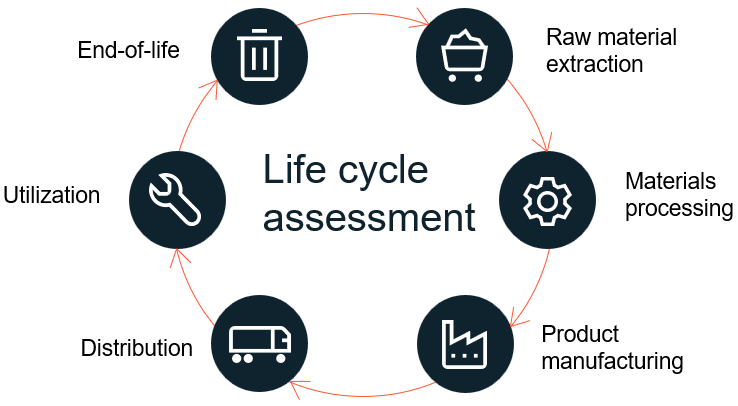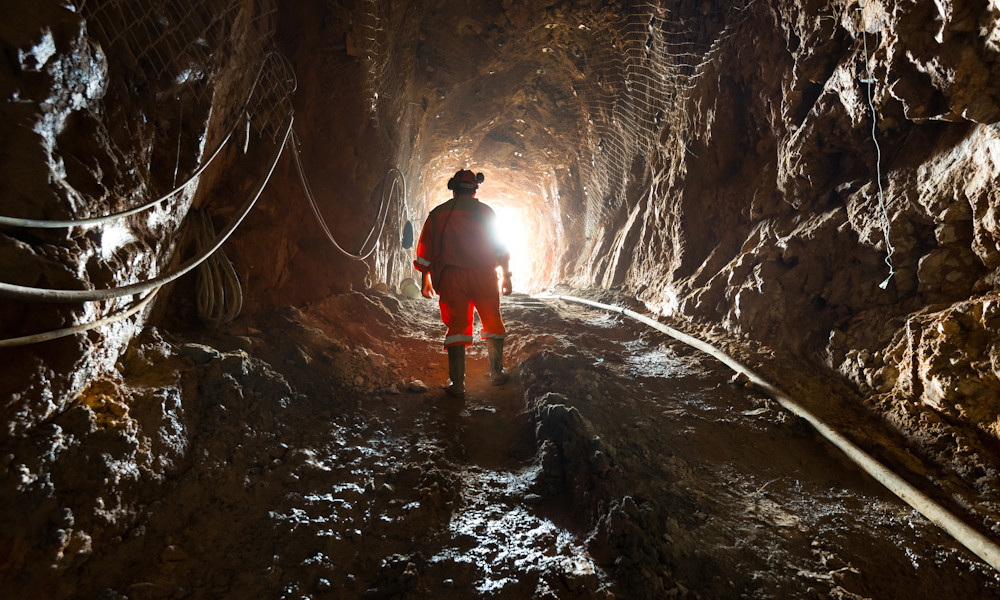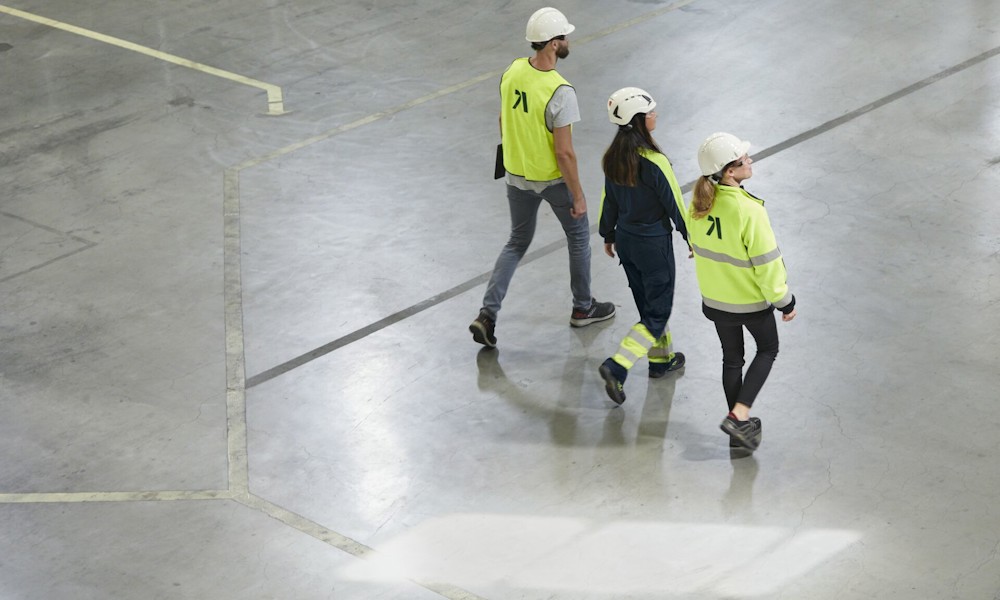Life cycle assessment (LCA)
We are proud to present that the long products of Alleima are first out in our product portfolio to recieve a product specific LCA, supporting our customers on their journey to reduce their carbon emissions.
Q&A
Life cycle assessment (LCA) is a method for quantifying the environmental impact of products and identifying hotspots throughout the life cycle.
This includes all stages – from raw material extraction to product commercialization.
It is a globally accepted framework and methodology for quantification
of carbon footprints.

One of the key advantages of LCA is that it pinpoints the areas within a product’s lifecycle with the most significant environmental impact. With this information at hand, we can then specifically target areas for improvement, effectively reducing the product’s carbon footprint. By analyzing resource usage, for example, it is also possible to optimize the utilization of resources, such as switching to materials with lower carbon footprints.
1. Identifying hotspots
―Identifying hotspots within a product life cycle allows for improvements, leading to a reduced environmental impact
2. Resource preservation
―Identifying opportunities for resource preservation by opimizing use of resources, and identifying alternative materials that may be more sustainable
3. Costs savings
―Potential cost savings by identifying and implementing more efficient processes
4. Competetive advantages
―Sustainability and transparency strenghtens relations with stakeholders. Helping customers reaching their climate targets



